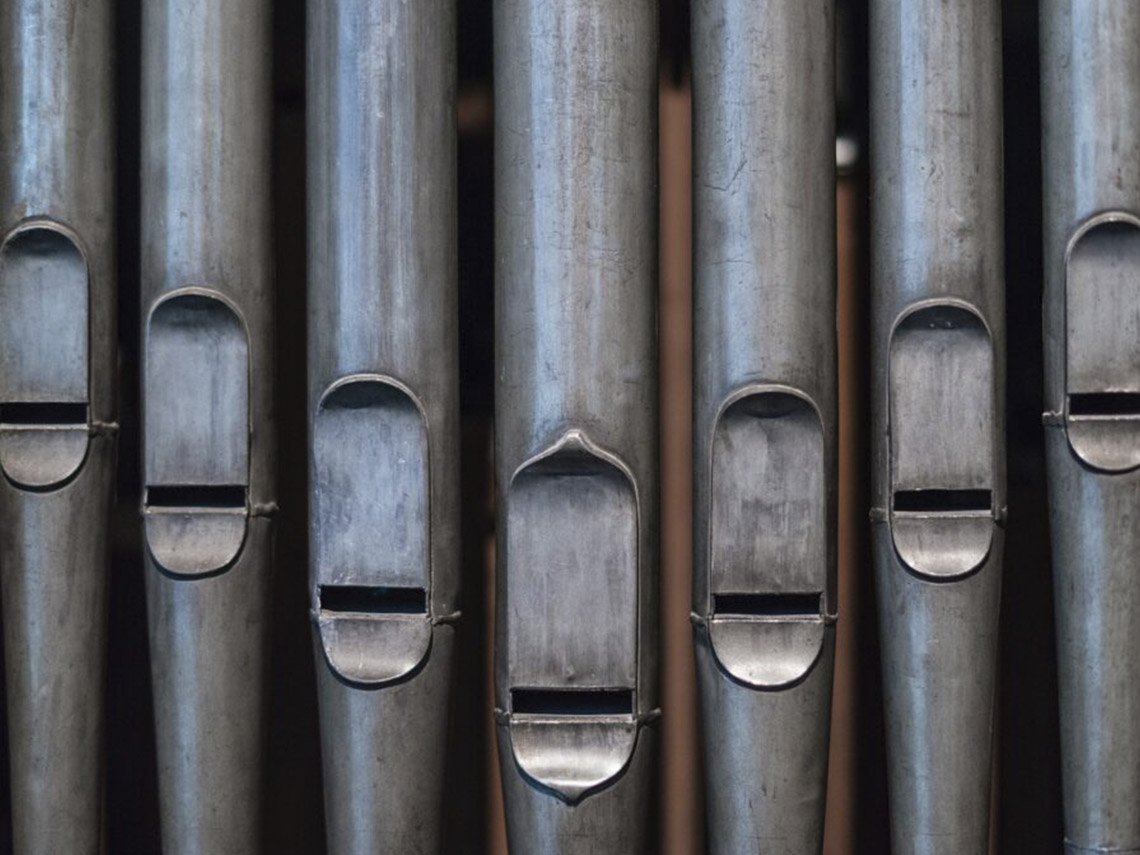
PEDALS, PIPES, AND PISTONS
Every Sunday I am blessed to sit on an organ bench and join the worship leader and accompanists to glorify, inspire, and praise the Lord through music. Sometimes the organ provides background support; other times it leads with majestic power. I find a sense of worship in both of these approaches with traditional and contemporary Christian music. This week I’d like to delve into a symbolic comparison of the Christian walk through the eyes of an organist. Let’s explore the similarities of playing an organ to living the life of a church-going believer. It’ll be fun. You might even learn something! Let’s see how this plays out!
For starters, when you look at an organ one of the first things you notice is that it has more than one keyboard, or manual, as it’s called. A piano has one. Large organs may have upwards of five manuals but many have three, like the one I play. These manuals are identified as: the choir, the great, and the swell. The great is the “go-to†manual, or home base I guess you might say. The majority of playing is done on the great such as with congregational singing. It feels comfortable and natural playing both hands on this manual. I would compare this to my day-to-day walk with Christ – comfortable, routine, unchallenged.
But then I might move both hands up to the swell or down to the choir for an overall softer sound. This reminds me of my quiet times with God – meditation, reflection, prayer. Then the right hand may go to the great to play a melody leaving the left hand on the choir. Perhaps an emphasis of a specific prayer request or burden can be detected through this changed position.
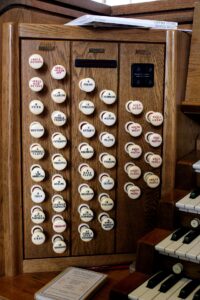
Now that we’ve established different keyboard positions representing our relational movements with God, let’s talk about our voice – the sound we make. The organ, like Christian communication, has many voices and volumes. The voice of an organ is identified primarily by flutes, reeds, strings, trumpets (horns), and solo instruments (e.g. oboe, clarion, or vox humana .) Voices on an organ are called stops. The knobs or toggles (stops) create a voice when pulled or touched. Many combinations can be made. Each manual has its own stops. As believers, we find ourselves speaking with flutes and reeds most of the time as we go about our day interacting with others. But there are times we pull the trumpet stop to produce a piercing sound. The trumpet is majestic, demanding attention. We need to raise our voice at times to be noticed or to offer loud praise. Maybe a church leadership role is our trumpet voice. It is not often used but when it is, it commands respect. Chimes are like the trumpet but are gentler.
In contrast, we often engage in tender and intimate conversations with our Creator. These are the strings, the quiet violins and violes that evoke emotion to pluck the strings of our heart. Strings are supportive, subdued, and beautifully seductive. We cry, we long, we hurt; but we find support and reassurance with the strings. When the tremolo is added, there is more intensity. “My harp also is turned to mourning, and my organ into the voice of them that weep†(Job 30:30).
Solo stops come and go – just like our project roles, missional activities, and seasonal events. Joy can be found in the solo stops. Yearning and adventure may also be identified through the solo stops.
Couplers are wonderful tools that combine the voices from one manual to the voices on another manual. For example, the stops on the choir can be coupled to the stops on the great to create a rich new voice. Oftentimes, we can accomplish more through the concerted efforts of a group, a study, or team than if the effort had been undertaken single-handedly. A fuller, more productive outcome is seen.
What about the pedals? The pedals lend a solid foundation much like that of our faith – the Bible, apologetics, spiritual laws. Without the pedals, our position (manuals) and voices (stops) are empty sounding. The pedals add substance, strength, and stability.
Not only do the feet play the pedals but they are also responsible for adjusting the volume from the manuals using push pedals. These pedals are similar to an accelerator on your car as they open and close the air. One of the push pedals may be a crescendo pedal. This pedal can automatically add more stops to dramatically increase the volume. I enjoy using the crescendo pedal to change the sound without having to pull stops manually. While my right foot adjusts the volume on the swell or crescendo pedal, my left foot continues to play the keyboard pedals. The foundation of our Christian walk is steady but sometimes must rise to the occasion.
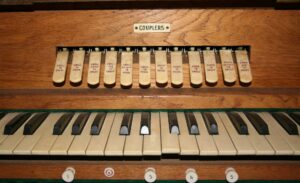
Now let’s talk about those numbered buttons under the manuals. Those are pistons. They are like preset program settings. Some organs have only a few pistons; others have many. The organ I play has 15 general pistons with additional ones for the choir and the swell. Pistons are quick and reliable. They remember what to do and they do it every time. The Word of God is the same. I can open its pages and the message never changes. I can always rely upon it.
There is one piston on some organs with a designated function. It is called the sforzando. What a fun word! When this piston is pushed, it bellows forth every single stop on all the manuals and pedals! The sforzando is loud as if the angels are singing or the heavens have opened. I have never used this piston.
I hope you have enjoyed a glimpse into why the organ is called the “king of instruments.†Sadly, fewer churches are using organs in the worship of our King of Kings but its use is versatile and powerful.
Would you be willing to share with me in the comment section below something you learned or another organ analogy you thought of while reading this blog? “Rise up, O Lord, in all your power. With music and singing we celebrate your mighty acts†(Psalm 21:13).
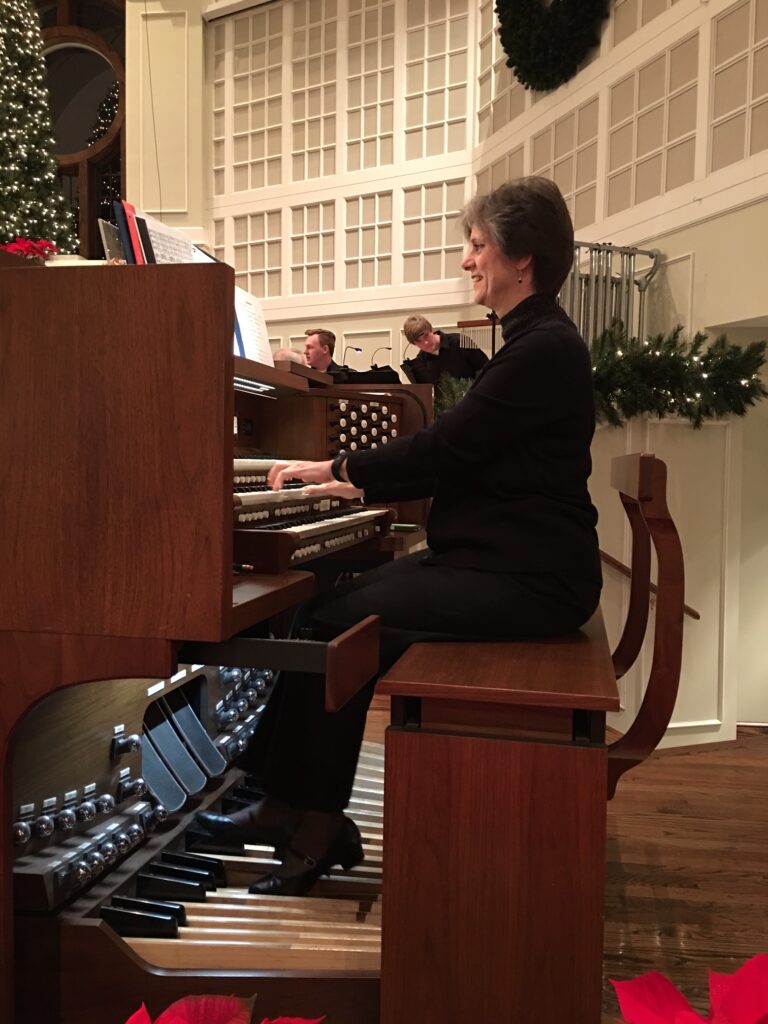
6 Comments
Leave a Comment
Follow This Blog
Ewe R Blessed Ministries / Karen O. Allen
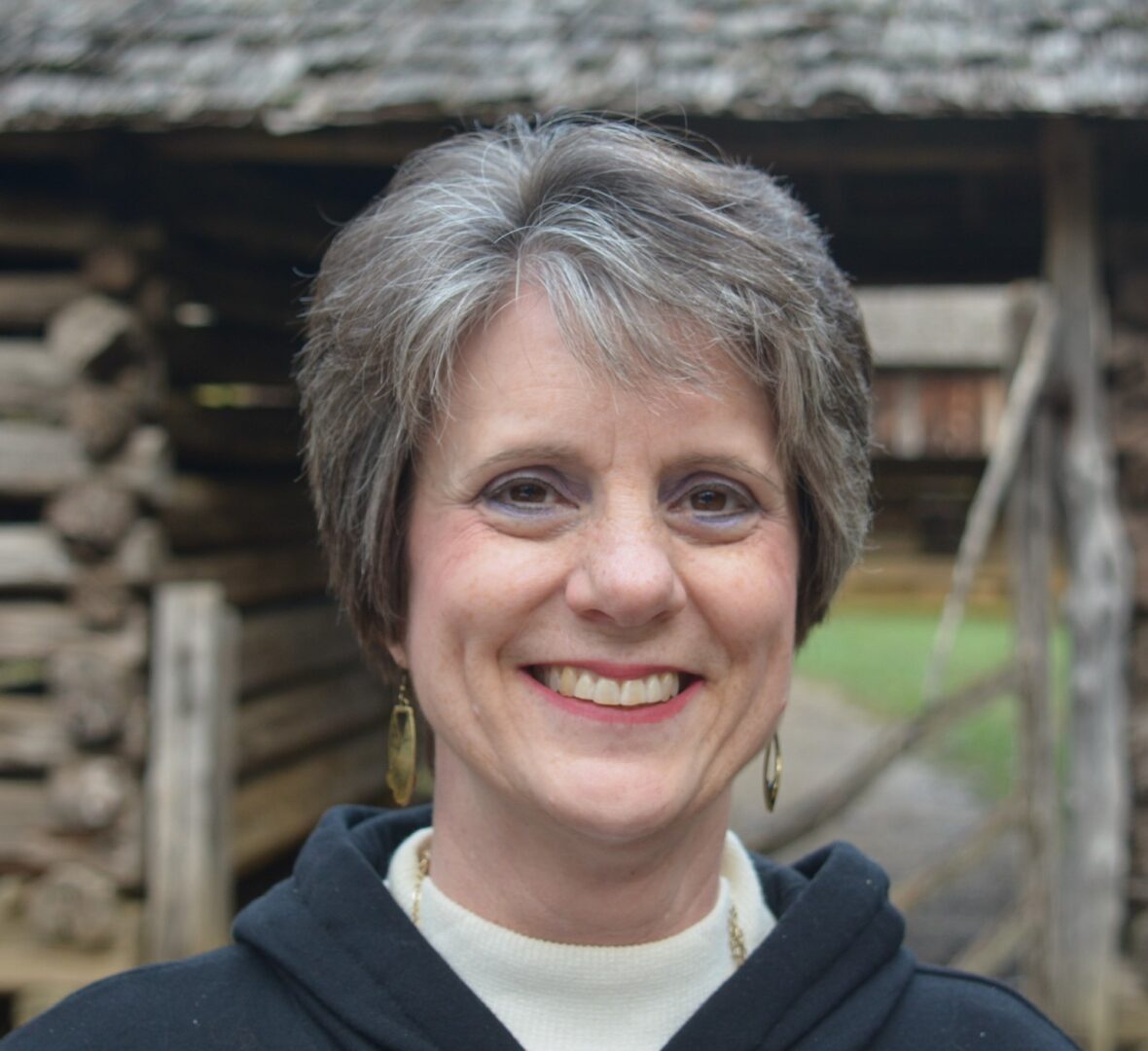

I learned a lot about organs I didn’t know!
Yea! They are a complicated instrument with so many wonderful possibilities. Thanks for reading and commenting.
Such a wonderful blessing this post was Ms. Karen. Thank you so much ma’am. I’ve seen organs like the ones you speak of, but knew nothing about them beyond appreciating the beautiful sounds they make. I learned so much from this. Especially how God helps us create beautiful sounds that problaim His glory. God’s blessings ma’am.
I’m so glad you learned something new about organs. (I always learn something new about ranches!) How wonderful it is to worship with our many voices. Thank you for your kind and encouraging response.
Thank you so much. I played the organ for years, always smaller than yours, but
I loved the instrument. However, I never compared the organ with my walk with the Lord. Lovely and meaningful comparison.
I am touched to hear you say that, Shirley. Thanks so much. It’s always nice to meet a fellow organist. I don’t know about your church but our Christmas program is going to be so much different this year.